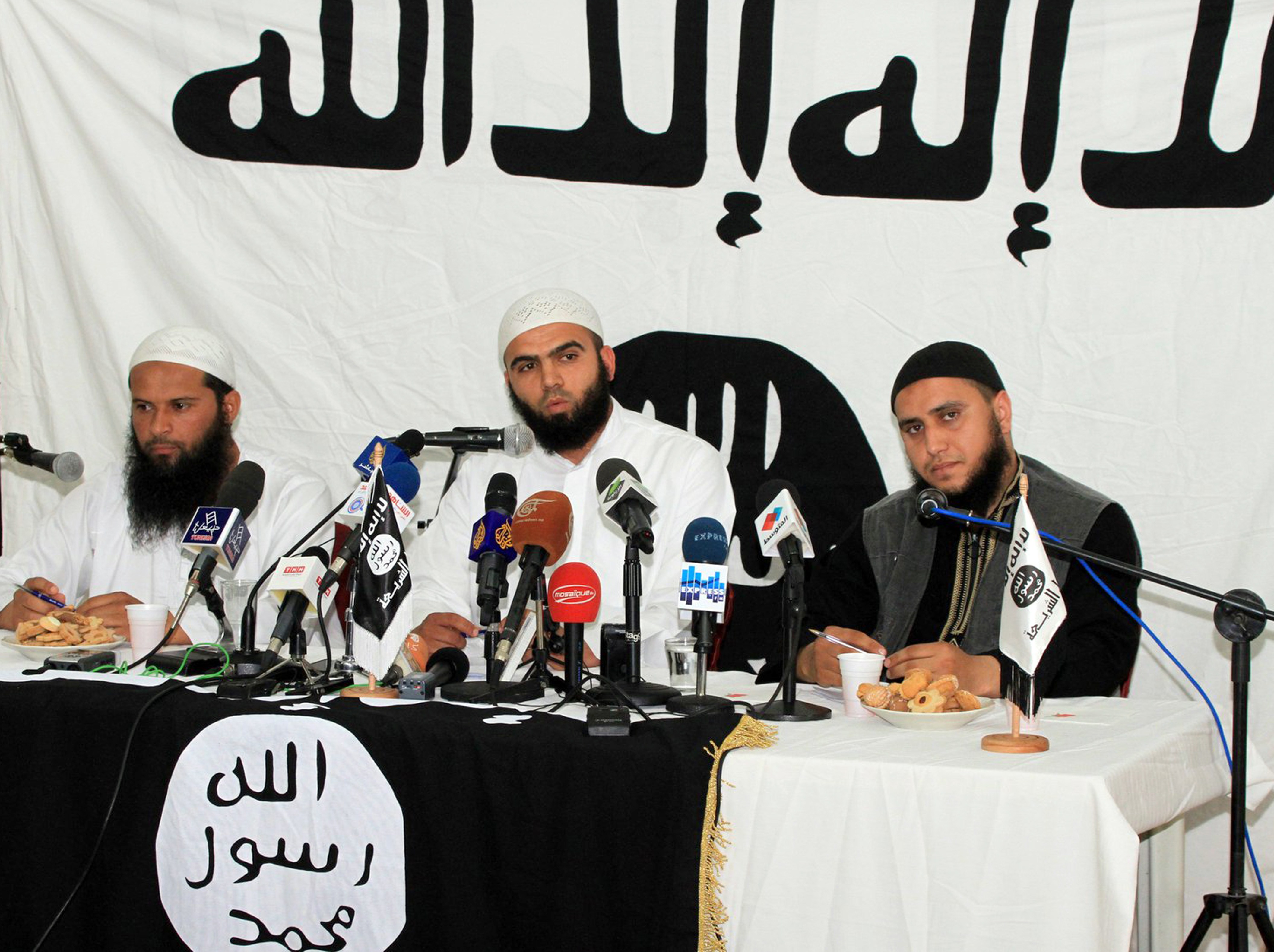When I launched my blog on February 6, 2005 I never imagined that it would become an obsession of mine or a mini-phenomenon for many people interested in the region. Yet within months of the beginning, it became clear to me that blogging was destined to become an integral part of my life, perhaps for the rest of my life, and a basic pillar of my activities as a dissident and self-declared heretic.
Indeed, I am a now on the advisory board of the Committee to Protect Bloggers, a US-based NGO that sheds light on the travails of bloggers worldwide; a regular juror in Deutche-Welle’s annual contest the Best of the Blogs; a regular participant in international conferences on blogging; and, most important, the founder of a special blogging community (the Tharwa community) that focuses on democracy activism in the region.
It is fair to say, then, that blogging has indeed changed my life. It might even have saved my life, considering the international attention I got when I blogged about my various interrogation sessions in 2005 in the months leading up to my exile from Syria in September of that year.
Blogging seems to have played a similar role in the lives of other Arab bloggers as well, including my Egyptian colleague Alaa of “Alaa and Manal’s Bit Bucket fame, whose imprisonment for his anti-Mubarak activism both in the virtual and “real worlds led to an international uproar and a campaign fueled by the ever-growing blogosphere that culminated in his eventual release. It is our hope now to achieve a similar development with regard to another Egyptian blogger, Abdelkareem Nabil Suleiman, currently under arrest and facing trial for expressing secular opinions on his blog–a development that caused some grief and chagrin to his former teachers at Al-Azhar University.
Blogging, therefore, is fast becoming a serious threat to traditional authority in the region, be it political or religious.
How so? How could a part-time and haphazard activity like blogging undermine any of the region’s staunchly dictatorial regimes? And how could such isolated (at least when it comes to the wider society out there) figures as the bloggers come to pose such a threat?
The answer depends in no small part on the oft-neglected fact that politics are frequently perception-driven rather than reality-driven. If this is so in the free world, it is even more the case in our decaying world, still living on the toxic fumes of an ancient glory, still shackled by an overbearing past, still intellectually and even spiritually malnourished more than a century after the advent of modernity into its dark and sinewy alleys.
In short, regimes that continue to perceive their existence as continuously under threat, whether from external or internal enemies, have every reason to fear any independent initiative emerging in their midst from seemingly infertile soil. These initiatives challenge their claim to be the guardians of traditional virtues, in other words the status quo. They also challenge traditional virtue itself by insisting on reform, change and innovation, even if on the virtual pages of a haphazardly updated blog.
Another reason that makes blogging in our region and the world so interesting and alluring is the ability to break barriers that have previously loomed too heavy and unchallengeable in our minds, barriers such as contacting the “enemy and entering into your own individual dialogue with him or her. Never was the phenomenon more visible than during last summer’s war in Lebanon, when Israeli and Lebanese bloggers engaged in heated yet often and quite surprisingly reasonable and level-headed debates regarding their countries’ role in bringing about this new round of conflict in the region, who was really at fault, and how the war could be stopped.
Blogging diplomacy remains a haphazard affair, like the medium itself. Still, blogging does seem to have the potential to serve as a catalyst for the growing appetite among the regions’ youth for charting their own independent paths in life and expressing their own individuality.
For all these reasons blogging, even when it does not deal with expressly political issues, seems bound to be a political phenomenon par excellence and to continue to expand both in scope and appeal. Indeed, even as we speak the elementary germs of a new and long-awaited social revolution in the Middle East might be planted in the more hospitable and friendly virtual environment, waiting for the right moment to unleash itself onto the real and unsuspecting yet desperately yearning world.
I can seriously say that, in the underdeveloped and destitute Middle East at least, this little borrowed prayer might be quite appropriate: “Blessed are the Bloggers, for they shall rule the world. Ammar Abdulhamid, a Syrian blogger and author, was forced into exile in 2005 for criticism of the Assad regime. He is the founder of the Tharwa Foundation, an independent initiative focusing on diversity issues in the Middle East, and is a nonresident fellow at the Saban Center for Middle East Policy at the Brookings Institution in Washington, DC. This commentary first appeared at bitterlemons-international.org, an online newsletter publishing views on Arab and Islamic affairs.
